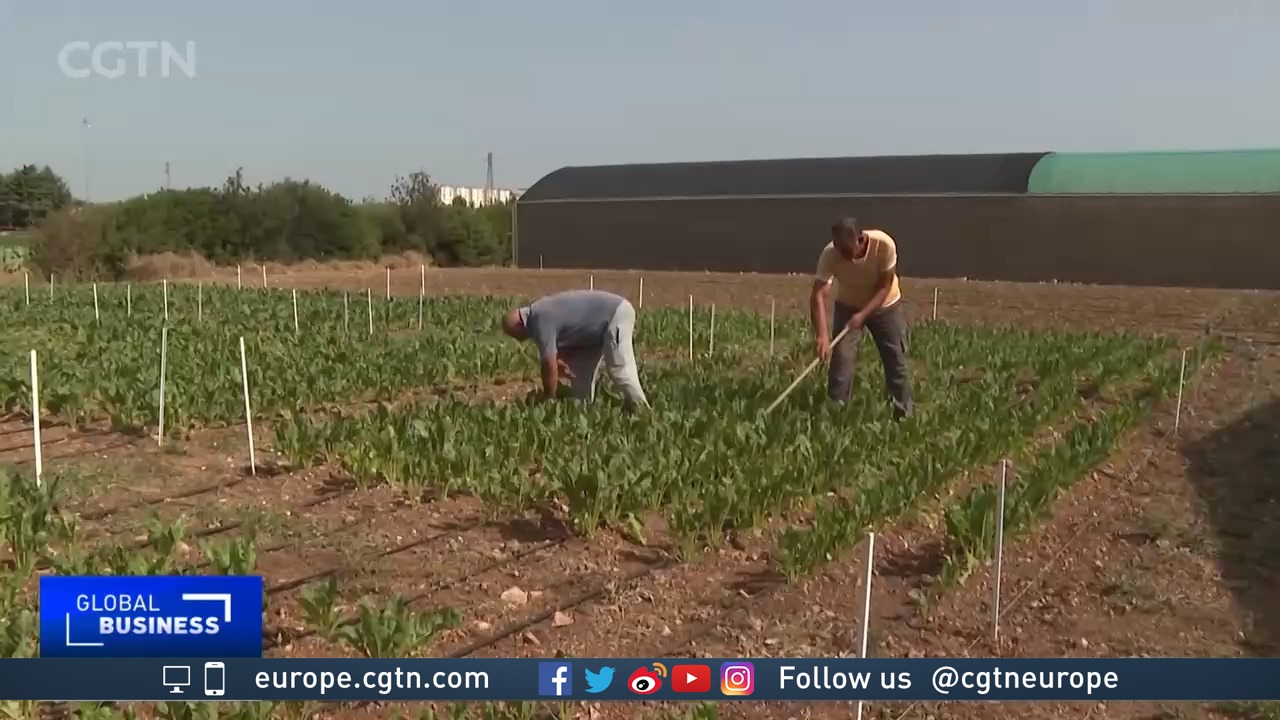01:43

Italy's Apulia region produces 2 million liters of olive oil each year. Around 40 percent of the local workforce is employed in the industry. Which means climate change is more than just a policy puzzle for the area.
Increasing use of irrigation as rainfall diminishes is already pushing up costs and dwindling freshwater supplies have led to the soil becoming more salty and less fertile.
The solutions don't all lie with world leaders, who will be meeting later this year in Glasgow, Scotland to discuss the problems of climate change at COP26.
"We need the policies, but we also need the farmers [so] that they feel the policies are supporting them," observes Biagio Di Terlizzi of the Mediterranean Agronomic Institute of Bari.
Science also plays its part, with organizations such as Di Terlizzi's experimenting with new strains of crops that are better adapted to the harsher conditions, as well as alternative fertilizers and cultivation methods that can help restore the soil.

